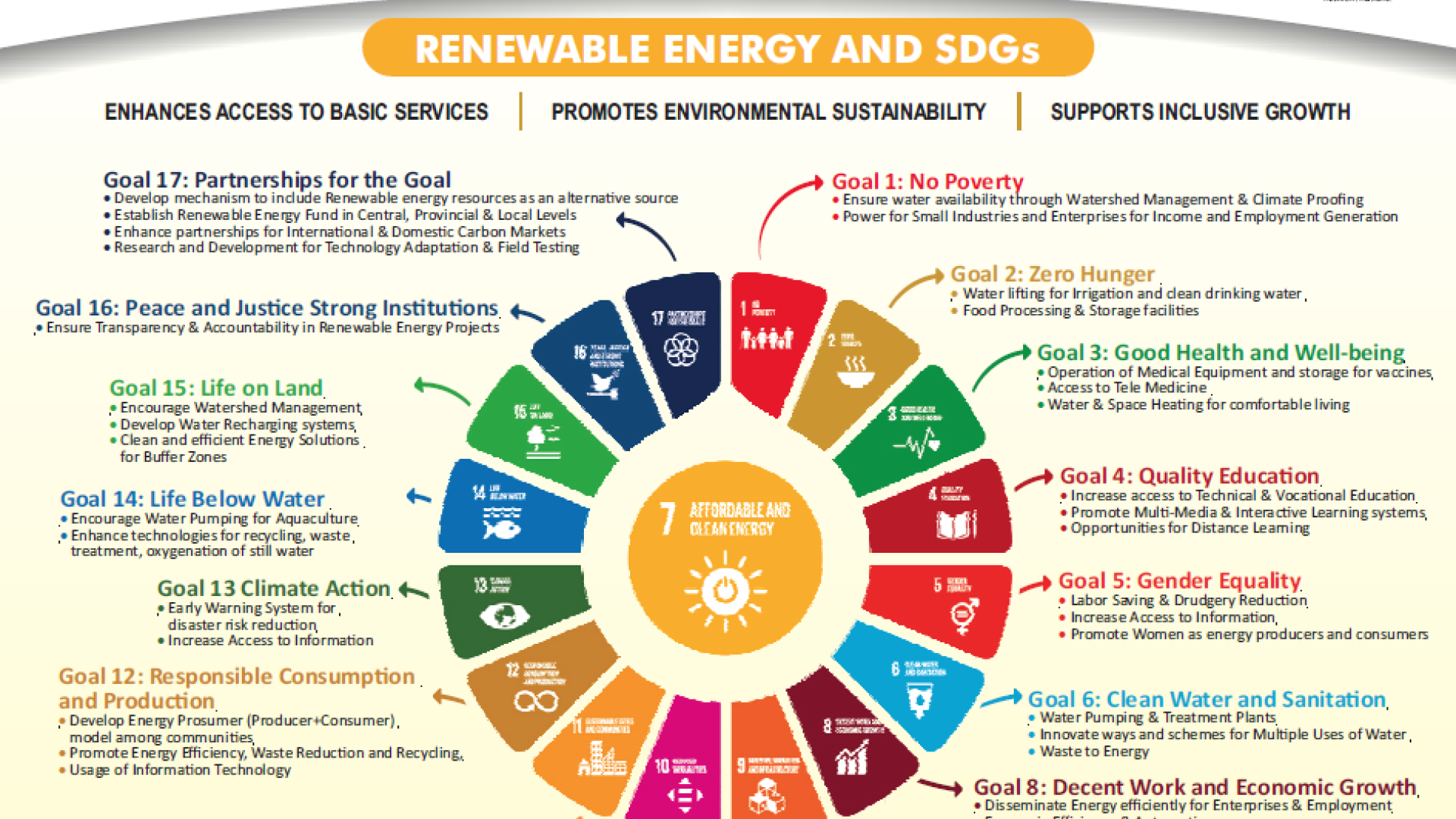Trump's Energy Policy: A Focus On Affordable Oil And Its Repercussions

Table of Contents
Deregulation as a Cornerstone of Trump's Energy Policy
A central pillar of Trump's energy policy was deregulation, aiming to boost domestic oil and gas production and create economic opportunities. This involved significant rollbacks of environmental regulations, sparking considerable debate.
Rolling Back Environmental Regulations
The Trump administration actively sought to ease restrictions on emissions, drilling, and fracking. This resulted in the weakening or repeal of several key environmental regulations:
- Clean Power Plan: This Obama-era plan aimed to reduce carbon emissions from power plants. Its rollback significantly hampered efforts to transition away from fossil fuels.
- Regulations on methane emissions: Easing restrictions on methane, a potent greenhouse gas, from oil and gas operations led to increased emissions.
- Streamlining the permitting process for oil and gas drilling: This accelerated the approval of new drilling projects on both private and public lands.
These actions led to a noticeable increase in greenhouse gas emissions. While proponents argued deregulation stimulated job growth in the energy sector and lowered energy costs, critics pointed to the negative environmental consequences, highlighting the trade-off between economic growth and environmental protection. Studies analyzing the economic impact showed varying results, with some emphasizing job creation and others highlighting the long-term costs of environmental damage. The debate continues to rage regarding the true economic balance of deregulation versus stricter environmental controls.
Promoting Domestic Oil and Gas Production
The policy also actively promoted domestic energy production through several initiatives:
- Tax cuts for oil and gas companies: Significant tax reductions provided financial incentives for increased investment in exploration and production.
- Approval of major pipelines: Projects like the Keystone XL pipeline, which faced years of opposition, were approved, facilitating the transport of oil from Canada to US refineries.
- Increased leasing of federal lands for drilling: The administration expanded the availability of federal lands for oil and gas exploration, increasing domestic supply.
These policies aimed to achieve energy independence, reducing reliance on foreign oil imports. This, in turn, was expected to bolster the US economy through job creation in the energy sector and enhance national security by reducing dependence on potentially unstable foreign sources. However, questions remain about the long-term sustainability of this approach given its environmental implications.
The Impact of Affordable Oil on the Global Energy Market
The increased US oil production under Trump's policy significantly impacted global energy markets.
Price Fluctuations and Global Competition
The surge in US oil production influenced global oil prices, creating competition with OPEC (Organization of the Petroleum Exporting Countries).
- Oil price fluctuations: During the Trump administration, oil prices experienced periods of both volatility and relative stability, influenced by various factors, including geopolitical events and OPEC production decisions.
- Impact on other oil-producing nations: Increased US production put pressure on other oil-producing countries, impacting their revenue and economic stability.
- Changes in global energy dynamics: The US emerged as a major global oil producer, shifting the balance of power in the global energy market.
The resulting geopolitical implications were significant. The US’s increased energy independence reduced its vulnerability to foreign oil price shocks and allowed it to exert greater influence in international relations. However, it also potentially destabilized certain oil-dependent nations and created new geopolitical complexities.
Energy Security and National Interests
A key goal of Trump's energy policy was to enhance US energy security and national interests.
- Reduced reliance on foreign oil: Increased domestic production decreased US dependence on foreign oil imports.
- Impact on US relationships with oil-producing nations: The policy shifted the dynamics of US relationships with OPEC and other oil-producing countries.
- Strategic implications of energy independence: Energy independence was framed as a strategic advantage, enhancing US geopolitical leverage.
The pursuit of energy independence, however, was not without its challenges. The increased focus on domestic production could potentially impact relationships with allies who are also major oil producers, highlighting the complex interplay between energy policy and foreign affairs.
Environmental and Social Repercussions of Trump's Energy Policy
While Trump's policy aimed for affordable oil, the environmental and social consequences were substantial.
Increased Greenhouse Gas Emissions
The emphasis on fossil fuels led to a significant increase in greenhouse gas emissions.
- Data on increased CO2 emissions: Data from various sources showed a rise in CO2 emissions during the Trump administration, linked to increased oil and gas production.
- Impact on climate change: The increased emissions exacerbated climate change, contributing to global warming and its associated effects.
- Potential consequences for the environment: The consequences included rising sea levels, more frequent extreme weather events, and disruptions to ecosystems.
The scientific consensus on the link between fossil fuels and climate change remains strong, despite ongoing debates. The increase in greenhouse gases under Trump's policy underscored the environmental trade-offs inherent in prioritizing affordable oil.
Impact on Public Health and Environmental Justice
Increased oil and gas activity raised concerns about public health and environmental justice.
- Examples of environmental damage: Increased drilling and fracking led to instances of water contamination and air pollution in some areas.
- Impact on vulnerable communities: Low-income and minority communities often bore a disproportionate burden of these environmental harms.
- Public health concerns: Air and water pollution linked to oil and gas extraction posed significant risks to public health.
The distributional aspects of environmental risks became a focal point, highlighting the need for policies that consider both environmental protection and social equity in the context of energy production.
Conclusion
Trump's energy policy, with its focus on affordable oil, had a profound and multifaceted impact. While it successfully boosted domestic energy production and temporarily lowered prices, it came at the cost of increased greenhouse gas emissions and potential environmental damage. The long-term consequences of this policy, including its impact on climate change and global energy markets, are still unfolding and demand further scrutiny. Understanding the complex repercussions of prioritizing affordable oil is crucial for developing effective and sustainable energy policies for the future. Further research and analysis into the long-term effects of Trump's energy policy on affordable oil and environmental sustainability are essential for informed decision-making.

Featured Posts
-
 Shevchenkos Blunt Response To Fiorots Callout I Dont Care
May 12, 2025
Shevchenkos Blunt Response To Fiorots Callout I Dont Care
May 12, 2025 -
 A Crazy Rich Asians Tv Series Is Coming Heres What To Expect
May 12, 2025
A Crazy Rich Asians Tv Series Is Coming Heres What To Expect
May 12, 2025 -
 Adio Thomas Mueller Ultimul Meci Acasa Pentru Legenda Bayern Munchen
May 12, 2025
Adio Thomas Mueller Ultimul Meci Acasa Pentru Legenda Bayern Munchen
May 12, 2025 -
 Bank Of Canada Rate Cuts Economists Predict Renewed Action Amid Tariff Job Losses
May 12, 2025
Bank Of Canada Rate Cuts Economists Predict Renewed Action Amid Tariff Job Losses
May 12, 2025 -
 The Thomas Mueller Situation Reactions And Predictions For Bayern Munichs Future
May 12, 2025
The Thomas Mueller Situation Reactions And Predictions For Bayern Munichs Future
May 12, 2025
